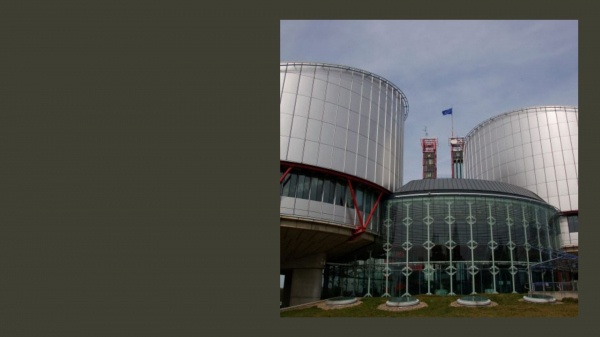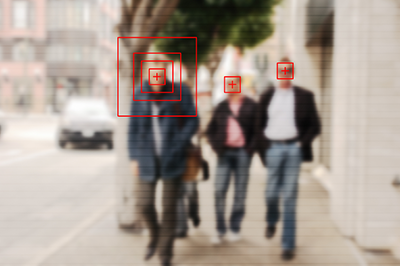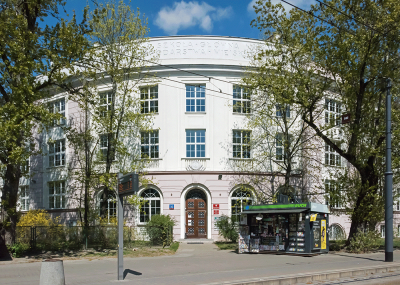
On 21 February 2020, the Secretary General of the Parliamentary Assembly of the Council of Europe sent a letter inviting Poland to submit a list of three candidates for the post of judge of the European Court of Human Rights by 8 March 2021.
21 maja 2020 r. Helsińska Fundacja Praw Człowieka, Naczelna Rada Adwokacka oraz Krajowa Izba Radców Prawnych skierowały pismo do Ministra Spraw Zagranicznych, w którym zawarte zostały uwagi i rekomendacje dotyczące polskiej procedury ws. wyłonienia listy kandydatów na urząd sędziego Europejskiego Trybunału Praw Człowieka.
W odpowiedzi z 30 czerwca 2020 r. Ministerstwo wskazało, iż nie przewiduje wprowadzania merytorycznych zmian w obowiązującym zarządzeniu z dnia 13 stycznia 2012 r. w sprawie powołania zespołu do spraw wyłonienia kandydatów na urząd sędziego Europejskiego Trybunału Praw Człowieka, a jedynie przeprowadzenie aktualizacji zawartego w nim nazewnictwa, stosownie do obecnej struktury organizacyjnej.
Ministerstwo zasygnalizowało jednak chęć podjęcia współpracy z szeregiem podmiotów, w tym m.in. z Naczelną Radą Adwokacką oraz Krajową Izbą Radców Prawnych, w zakresie publikacji i rozpowszechnienia informacji ws. naboru kandydatów na urząd sędziego Europejskiego Trybunału Praw Człowieka.
In its letter sent on 30 June, the Ministry of Foreign Affairs indicated that it did not plan to amend the substance of the Ordinance, which currently governs the national procedure for the selection of candidates for judges of the European Court of Human Rights. In the Ministry’s opinion, no such amendment would be possible, as the proceedings for the election of another Polish ECtHR judge have already been initiated by the Parliamentary Assembly of the Council of Europe. The only change that is envisaged is an update of the key terms contained in the Ordinance so that they correspond to the current organisational structure of the Ministry. The reply means that the Ministry will not consider the proposals submitted by the National Bar Council, the National Association of Attorneys at Law and the Helsinki Foundation for Human Rights, which concern the composition of the body responsible for shortlisting candidates for ECtHR judges. These recommendations were intended to ensure that the body is an apolitical group of male and female experts with different professional backgrounds, rather than a group of public administration officials as provided by the Ordinance in its current form. However, the Ministry referred to the above concern, pointing to examples of countries where the bodies responsible for selecting candidates are composed exclusively of civil servants employed by the government.
Moreover, the Ministry of Foreign Affairs noted that no observers may participate in the work of the ECtHR Judge Candidates Selection Team due to the need to maintain appropriate standards of procedural confidentiality, a violation of which may be a deterrent to those willing to stand as candidates.
The Ministry also declared that they are willing to work with many stakeholders on the publication and dissemination of information about the recruitment of candidates for ECtHR judges. Besides, the MFA assured that during the national selection procedure, it would closely liaise with the Council of Europe’s Advisory Panel of Experts on Candidates for Election as Judge to the European Court of Human Rights. The Ministry also announced that it would review the recommendations of the HFHR and the legal professions on how to conduct interviews, which are designed to ensure that the principle of equal opportunities is observed during interviews with the candidates.
The Ministry of Foreign Affairs further informed that notifications of the next stages of the candidate selection procedure would be published on its official website.
However, the letter of 30 June 2020 does not contain any information on whether the candidates for ECtHR judges may be invited to a meeting of the relevant parliamentary committee, as it happened in 2010.


